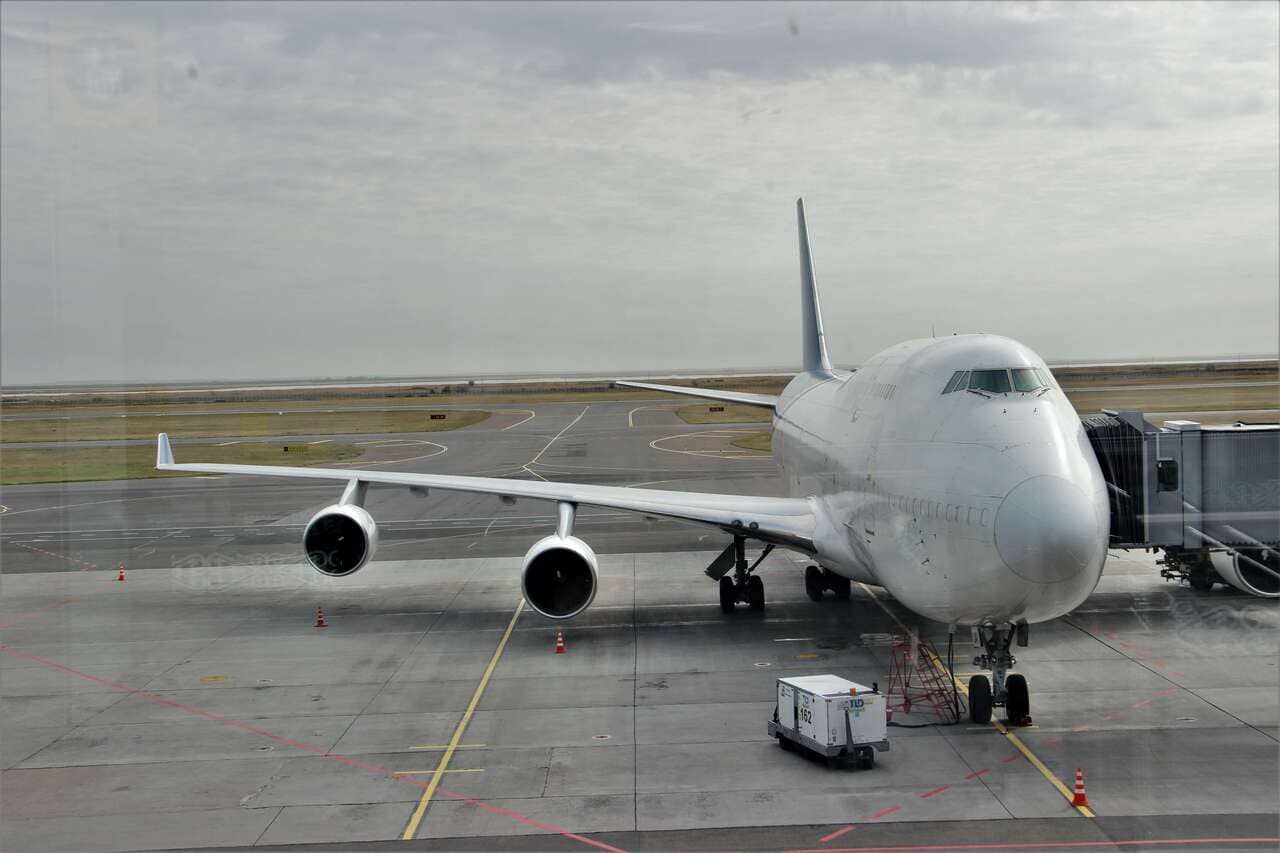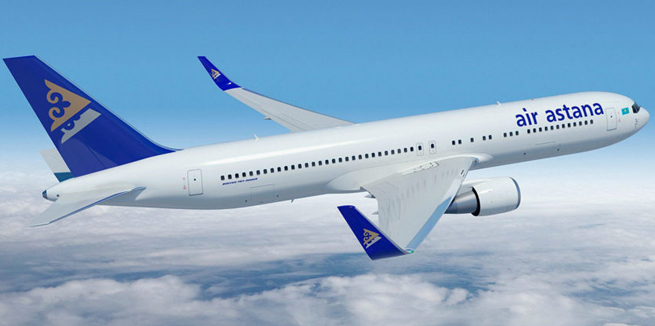Kazakhstan's aviation industry has reached a new milestone by importing a record 13 aircraft over the past six months, each with a capacity of 50 to 300 passengers. The aircraft were primarily sourced from France and Ireland, which provided six and four planes. Additionally, two aircraft arrived from the United States, and one from Germany.

The total cost for these aircraft reached $656mn, averaging $50.5mn per plane. Alongside this influx, Kazakhstan also saw a record number of aircraft exports, with 10 planes leaving the country. Notably, seven of these aircraft were exported to Ireland.
Kazakhstan's strategic location has bolstered its role as a key logistics hub, especially following Russia's restrictions on flights from certain countries. This shift is evident in the soaring numbers of flights handled by Kazaeronavigatsia, Kazakhstan’s air navigation service provider. In the past six months, over 415,000 flights were managed, with around 107,000 operated by Kazakhstani airlines and 308,000 by foreign carriers—a record high for the country.
Astana is keen on expanding its flight network. Air Astana, in partnership with Japan Airlines, has signed a code-sharing agreement to launch a new route between Almaty and Tokyo. Plans are also underway for a direct flight between Astana and New York, slated for the end of 2025.

In addition, the country has become the first Central Asian nation to open a permanent representative office at the International Civil Aviation Organization (ICAO). Additionally, the U.S. Federal Aviation Administration has begun assessing Kazakhstan’s readiness to establish direct flights between the two countries.
Notably, Air Astana, which was 49% owned by the British company BAE Systems until February 2024, has faced scrutiny recently. The airline, led by British CEO Peter Foster, has been embroiled in controversies, including flight cancellations and damage to its aircraft. The Chairman of Kazakhstan's Civil Aviation Committee has even stated that Air Astana does not have, and has never had, official national carrier status—a claim at odds with the airline's previous marketing and public image.
While Western airlines have been reducing operations to China due to geopolitical tensions and increased costs, Kazakhstan's strategic partnerships and infrastructure enhancements position it as a burgeoning hub in the global aviation landscape.
Follow Daryo's official Instagram and Twitter pages to keep current on world news.
Comments (0)